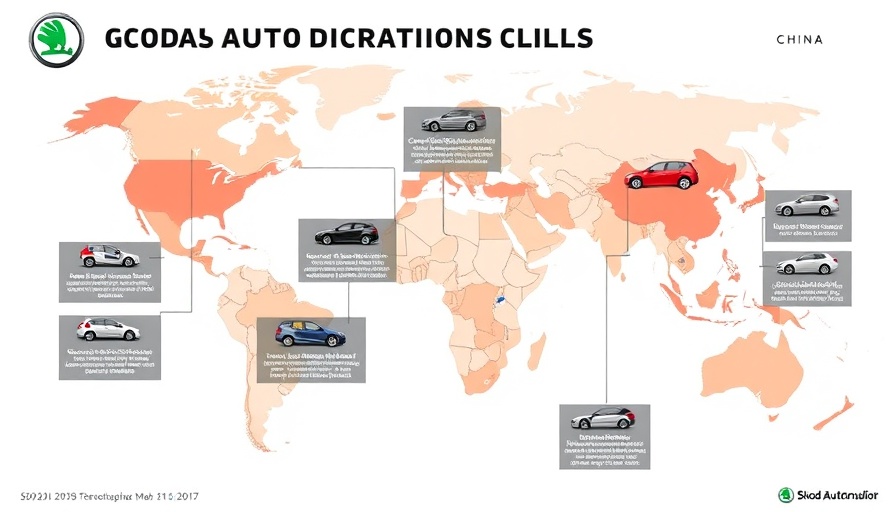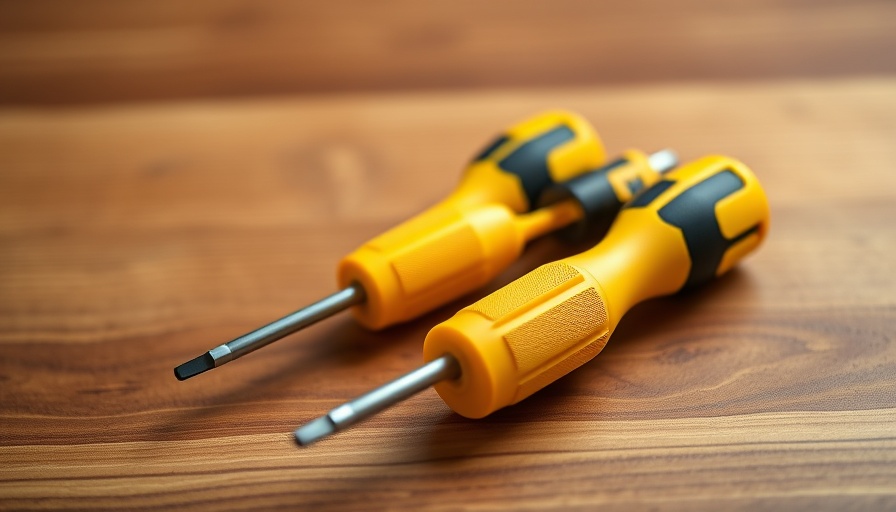
The Rise of Škoda Auto: A Year of Extensive Vehicle Production
In a striking demonstration of resilience and expansion, Škoda Auto has announced that it produced over 925,000 vehicles globally in 2024. This marks a remarkable 4.2% increase over the previous year, showcasing the Czech carmaker's ability to thrive despite industry challenges. The Mladá Boleslav plant, Škoda's main production site, was particularly instrumental, accounting for 575,000 of these units. This growth is a result of strategic model launches and the enhancement of international operations.
Innovative Production Capabilities
Škoda Auto's success can largely be attributed to its innovative production capabilities. The Mladá Boleslav plant holds a distinct advantage within the Volkswagen Group, as it can produce both internal combustion engine (ICE) vehicles and electric vehicles on the same assembly line. This flexibility not only optimizes efficiency but also allows Škoda to swiftly adapt to changing market demands. As various markets are increasingly leaning towards electric vehicles, this unique approach equips Škoda to meet customer preferences head-on.
A Record Year for New Models
2024 witnessed the launch of several new models that invigorated production lines and attracted customer attention. Iconic models such as the Scala, Kamiq, and the beloved Octavia found their way to consumers, alongside the fully electric Enyaq series, which alone garnered nearly 80,000 units of production last year. Insightfully responding to a spike in customer interest for electric vehicles amid the industry's fluctuations, Škoda managed to position itself effectively in a competitive landscape.
Future Outlook and Strategic Moves
As Škoda Auto continues to push boundaries, its future looks promising—a notable change in strategy is evident with expanded operations in global markets such as India and Kazakhstan. Here, the establishment of production facilities shows its commitment to regional manufacturing and caters specifically to diverse consumer bases. With the growing trend of hybrid and electric vehicles, Škoda's focus on producing battery systems further cements its position as a forward-thinking manufacturer.
Industry-Wide Impacts and Reflections
The ripples of Škoda Auto’s production achievements extend beyond the Czech Republic. Their ability to greatly increase output reliably in the face of competition serves as a case study for other manufacturers—one that underscores the importance of technological adaptation, market awareness, and operational flexibility. As the automotive sector grapples with a slowdown in demand for electric vehicles, Škoda's strategies and successful model rollouts present insightful lessons for dealership managers and general managers in navigating similar challenges.
 Add Row
Add Row  Add
Add 




Write A Comment